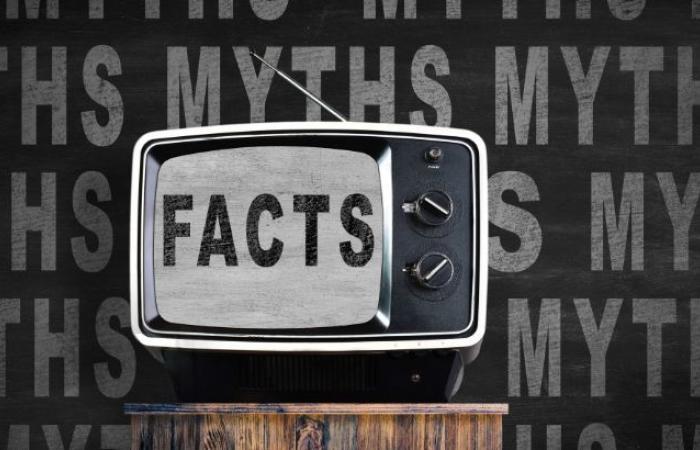Regulating hateful and harmful content online “is not censorship”, said the UN High Commissioner for Human Rights, Volker Türk, on Friday, a few days after Meta’s about-face on the fact-checking.
“Allowing hate speech and harmful content online has real-world consequences. Regulating this content is not censorship” and the High Commission “calls for responsibility and governance in the digital space, while respecting human rights,” said Volker Türk, on the social network X.
The tech giant Meta, parent company of Facebook, announced on Tuesday that it was ending its fact-checking program in the United States to replace it with a context note system, similar to that of the social network X.
In support of his dramatic decision, the boss of Meta asserted that “the fact-checkers were too politically oriented and participated more in reducing confidence than they improved it, particularly in the United States. United.” Thus, “we are restoring free expression on our platforms,” he asserted.
Meta’s announcement comes as American Republicans as well as Elon Musk, the owner of to “censorship”.
The AFP participates in more than 26 languages in a fact-checking program developed by Facebook, which pays more than 80 media outlets around the world to use their “fact-checks” on its platform, on WhatsApp and on Instagram.
“Information based on facts”
Developing arguments on the professional social network LinkedIn, the UN High Commissioner for Human Rights explained that “allowing hatred online limits freedom of expression and can cause harm in the real world.”
Social networks “shape society and have immense potential to improve our lives and connect us” but “they have also demonstrated their capacity to fuel conflict, incite hatred and threaten security,” he said. -he assured.
And the lack of regulation “means that some people are silenced – particularly those whose voices are often marginalized,” he said.
Asked about the UN’s presence on the X and Meta networks, a UN spokesperson in Geneva, Michele Zaccheo, indicated during a press briefing that the United Nations “constantly monitors and evaluates this space ” online.
“It is important for us to be present with fact-based information, and that is what we stand for,” he added.
“We don’t know yet how this will evolve” but “at the moment we still think it’s important to be present on these platforms, to present evidence-based information,” he said. said.
Present at the press briefing, a spokesperson for the World Health Organization (WHO), Margaret Harris, added: “Our role is to provide good scientific information on health, and we must do it where the people are looking for them” and “we will therefore be present on all platforms, as much as possible”.






